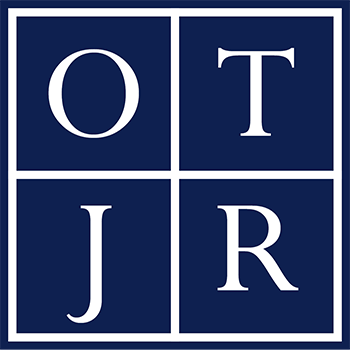Ways of Knowing After Atrocity: A Colloquium on the Methods used to Research, Design and Implement Transitional Justice Processes
On 28-29 June 2012, OTJR hosted an international conference on “Ways of Knowing after Atrocity: A Knowledge Exchange on the Methods used to Research, Design and Implement Transitional Justice Processes”. This conference has led to the award of an ESRC Knowledge Exchange Grant that will run for 2012/13 and culminate in methods training workshops in Rwanda and Kosovo.
On the first day of the colloquium, scholars, practitioners and NGO representatives came together to critically examine the current ways of knowing serious human rights violations and transitional justice. The practitioners (human rights lawyers/civil society actors) lead the discussion, laying out how serious human rights violations are being investigated and responded to, in practice. This was followed by a scholar’s discussion of a country specific case study. The discussion was then expanded through a set of comparative cross-national studies used to examine the ways of knowing atrocity and responses to it.
The second day of the colloquium offered the opportunity to further develop current ways of knowing atrocity and transitional justice. The academics, civil society actors, and legal practitioners were invited to meet in three sessions in the morning and three in the afternoon. Those who attended presented for discussion the strategies and methodologies they or others currently use to design, implement and research transitional justice. The moderator of the session then allowed participants to pose problems for the group to brainstorm and produced a write-up of each session outlining the methods discussed and suggesting areas for future collaboration. These sessions allowed for an exchange on the research needs of the civil society and legal practitioners with the aim of making scholarly research more accessible to those implementing responses to atrocity.
The programme provides further details of the speakers and their presentations.
Many of the sessions were recorded and can be heard by clicking on the podcast links, where they are available.
